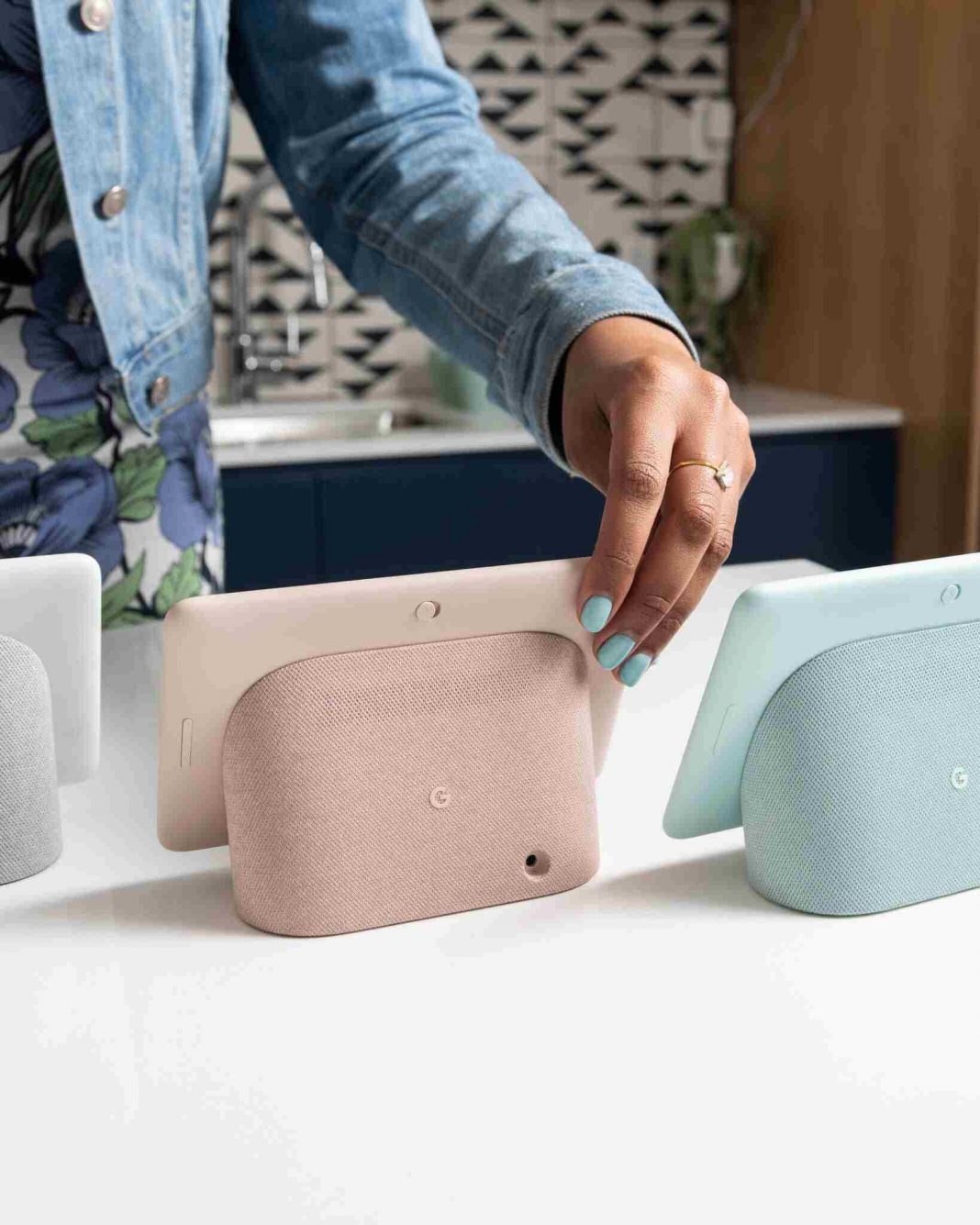A trade court found on Thursday that Google infringed on five audio technology patents owned by the speaker maker Sonos and that the company is not permitted to import items into the United States that infringe on Sonos’s intellectual property rights.
It brings to a conclusion a two-year inquiry into an intellectual-property dispute by the United States International Trade Commission, a quasi-judicial agency that handles trade matters and may prevent the import of items that infringe patents.
Sonos had requested that the International Trade Commission (ITC) prohibit the importation of Google devices that the speaker firm claimed infringed on its patents. Google Home smart speakers, Pixel phones and desktops, and the Chromecast streaming video gadget are among the products in this category. Those products are manufactured in China and supplied to customers in the United States.
The import restriction will be in place for 60 days after it is announced. In the meanwhile, the situation will be subject to a presidential investigation. The final verdict affirmed a preliminary determination made by a commission judge in August, which said that Google should be subject to the import restriction. Following that first judgement, the whole commission convened to discuss whether or not to accept or reverse the decision.
The Tariff Act of 1930, which tries to prohibit unfair competition via activities such as the importation of items that infringe on United States patents, trademarks, or copyrights, was found to have been violated by Google, according to the commission. A cease-and-desist order was also issued against Google by the commission.
An official from Google, José Castaeda, said that the firm disagreed with the decision, but that it would endeavour to ensure that customers’ usage of its products and the company’s capacity to sell and import devices were not disrupted as a result of the decision. A preliminary verdict issued in August authorised alternative product designs that work around patents, and Google said the commission did not contest this decision on Thursday.
Sonos also has two patent infringement claims against Google pending in federal court against the company. The first, filed in January 2020 in the United States District Court for the Southern District of California, was delayed awaiting a determination by the International Trade Commission since the claims include overlapping patents. The second case, which involves a separate collection of patents, is now pending in the United States District Court for the Northern District of California in San Francisco.
Since a result, the judgement seems to have had only a limited influence on Google’s operations, as the import prohibition is unlikely to have had much of an impact on newer products that use other technology. It also has no effect on Google’s primary source of revenue, internet advertising.
In the financial statements of Google’s parent company, Alphabet, sales of hardware items are included alongside “other” non-advertising activities, such as the selling of mobile applications and digital media. Alphabet’s revenue from this area contributed for 18 percent of total revenue in the third quarter, which concluded in September this year.
The company Sonos claims that it started sharing specifics of its technology with Google in 2013, when the two businesses began working together on a joint project. For a long time, Google was not a rival to Sonos, but it began to move into the company’s territory in 2015, first with a tiny device for streaming music and then with its Google Home speaker in 2016.
Sonos claimed that Google was infringing on more than 100 of its patents and offered a licence agreement with the company. They were unable to achieve an agreement between the two firms.
The lawsuits are a result of the enormous enterprises of today’s internet behemoths, in part because of their size. Google began as a search engine more than two decades ago and has grown into a global brand. As of today, it manufactures a diverse variety of hardware goods, including as smartphones, PCs, and gadgets for the connected home. It makes money by selling computer infrastructure to other organisations and by providing high-speed internet access to regular users.
Almost with every expansion of its company, Google encroaches on the territory of smaller enterprises that did not anticipate having to compete against a monster with almost limitless resources.
In an environment when technological giants are being scrutinised by regulators and politicians, other smaller competitors are taking the industry’s largest corporations to court to challenge their business practises. Epic Games, the company behind the famous Fortnite video game, has filed a lawsuit against Apple and Google over app store commissions. Phhhoto, a now-defunct photo-sharing app, filed a lawsuit against Facebook, now known as Meta, in November, alleging that the social media giant had broken antitrust rules.

